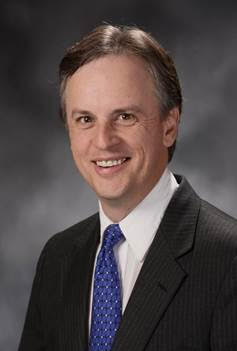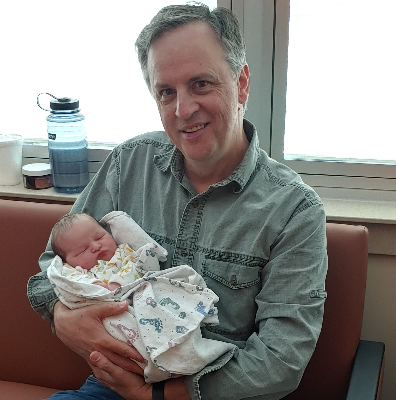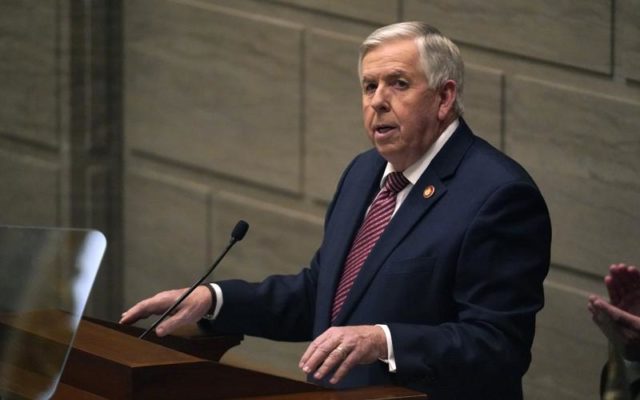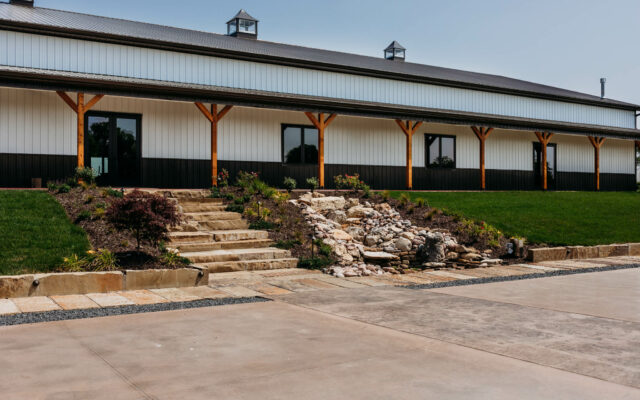THE EGGLESTON REPORT – CALL THE GOVERNOR

About a month ago, I wrote about HB 2090. Some have said that bill was one of the best the legislature passed this session. HB 2090 does four things. (1) It returns $500 million to you, the Missouri income tax payer, in the form of a rebate check to give back excess tax money that state government acquired but did not spend. If signed into law by the governor, each citizen could receive up to $500 per person ($1000 per couple) by the end of this year as long as they paid in income tax and their annual income is less than $150,000 ($300,000 per couple). (2) It says that no state government employee will have to get a Covid vaccination as a work requirement. (3) It says wedding venues will not have to charge you sales tax for a wedding ceremony, and will no longer be penalized for not collecting the tax in the past. Weddings will be treated as a service (which is not sales taxable), not a tangible good or entertainment event (which is sales taxable). (4) State government employees will be allowed a choice of a monthly paycheck or semi-monthly paycheck.
HB 2090 was favorably passed in a bi-partisan, bi-cameral fashion, earning a final vote in the House of 104-30, and in the Senate 32-1. Governor Parson recently made a statement to a reporter that he was not sure if he would sign the bill or not. He seemed to allude that because people making over $150,000 would not get the income tax rebate that no one should, but I have not directly confirmed that is his issue, or if he even has an issue with the bill. If he signs the bill, it becomes law. If he vetoes the bill, the legislature could override his veto if more than 2/3 of House and Senate members vote to do so in our September Veto Session, but that is a long shot. The governor has between now and mid-July to make his decision.
You, the public, can give the governor your opinion. If you would like to see him sign HB 2090, contact his office and tell him so. Or if you would like him to veto it, you can tell him that as well. His office can be reached at https://governor.mo.gov/contact-us or by calling 573-751-3222. You can also weigh in on whether he should sign or veto other bills the legislature passed this session. A list of those can be found at https://www.senate.mo.gov/22info/TATFP2022Report.pdf. Your voice could make a difference.
As always, if my office can be of help to you, please email me at [email protected]. Until next time, best wishes of safety, health, and prosperity to you and your family.
PICTURES FROM HOME

My new grand-daughter Ellie was born June 1
FROM THE CAPITOL NEWS DESK
First Round of Legislation Signed into Law by Gov. Parson
Gov. Mike Parson is now taking action on the pieces of legislation passed by the General Assembly during the 2022 legislative session. This week he signed seven bills approved by the House and Senate into law.
HB 2149 allows students to take the Physical Therapists License exam up to 90 days before graduation. The sponsor of the bill said that under current law “students who graduate in Missouri with a physical therapy degree in May cannot sit for their boards until July, and by the time they get their test results back, they cannot start practicing physical therapy until September. This is a long wait for students who possibly have a lot of student loan debt.” She said the new law is similar to what 39 other states in the United States have in place, including the states that surround Missouri.
The bill also aligns state statute with Centers for Medicare & Medicaid Services for home health treatment plans and alleviates delays to home health service care. It allows individuals to take the land surveyor exam at any point after high school graduation. Additionally, it allows the Missouri Dental Board to consider “Pilot Projects,” that include new technologies or practices within the field of Dentistry. The bill also adds Missouri as a member of the Audiology & Speech Language Pathology Interstate Compact (ASLP-IC).
Another provision in the bill exempts military employees and contractors participating in the Innovative Readiness Training (IRT) program from Missouri occupational licensing requirements as long as they hold licensing in another state.
The bill also states the Board of Registration for the Healing Arts will not deny, revoke, suspend, or otherwise take any disciplinary action against a physician who prescribes, dispenses, administers, or otherwise distributes ivermectin or hydroxychloroquine sulfate tablets for human use. Additionally, the Board of Pharmacy will not deny, revoke, suspend, or otherwise take any disciplinary action against a pharmacist who dispenses, distributes, or sells ivermectin or hydroxychloroquine sulfate tablets for human use.
HB 1697 will allow Missouri’s cottage food industry to grow and prosper. The bill allows Missourians who produce baked goods in their home to sell these items on the internet. Under current law, the cottage food industry in Missouri is defined as an operation in an individual’s home that produces a baked good, a canned jam or jelly, or a dried herb or herb mix for sale to consumers. These cottage food industries are limited to an annual gross income of $50,000 and are prohibited from selling food through the internet. HB 1697 removes the income limit and eliminates the prohibition on online sales, provided that the cottage food production operation and purchaser are both located in Missouri.
The bill’s sponsor said, “It’s a freedom bill. It’s getting government out of the way of small business. It’s a jobs bill. It’s going to inject more income into our economy. It will bring the cottage food statute into the 21st century and allow sales over the internet.”
HB 2365 extends the sunset expiration on the Early Learning Quality Assurance Program to the end of 2028. Supporters say that by extending the program, parents will continue to be empowered with the tools to make informed decisions about their children’s opportunities. This program enables providers to implement best practices and gives them access to resources that will help build high-quality options for families.
SB 987 allows gambling facilities to be located within 1,000 feet of the main channel of the Missouri or Mississippi Rivers with approval from the Missouri Gaming Commission. The bill requires such structure to be within one thousand feet from the closest edge of the main channel of the Missouri or Mississippi River. This act also allows the water beneath or inside of such facility to be in tanks in addition to rigid or semi-rigid storage containers or structures. The change in the law will allow for a multi-million dollar expansion of the casino in Caruthersville.
HB 1725 establishes current practice into law to allow lodging establishments that publish current rates electronically on a public Internet platform to not have to post a written copy of the rates charged for each guest room. The bill also states that a hotel may use a safe or safe deposit boxes located behind the registration desk to store items for guests, and must give the guest a receipt for the item when it is deposited into a safe.
The bill’s sponsor said, “What we’re doing here is updating Missouri law to better reflect how many of our lodging establishments conduct business, and protecting lodging establishments from unnecessary government regulation.”
HB 2416 provides statutory clarification that motor vehicle dealers in Missouri can conduct certain transactions remotely. This bill establishes that it is not a violation of law for a motor vehicle dealer to do the following away from the dealer’s place of business: (1) Deliver a motor vehicle to a customer for a test drive; (2) Deliver documents for a customer to sign; (3) Deliver documents to or obtain documents from a customer; or (4) Deliver a motor vehicle to a customer. Supporters say during the pandemic, this was the only way to conduct business and customers appreciated it. With the bill, current law is being changed to match reality.
HB 1600 clarifies that the General Assembly does not need to pass an annual resolution to keep legislative staff employed during the interim period.



